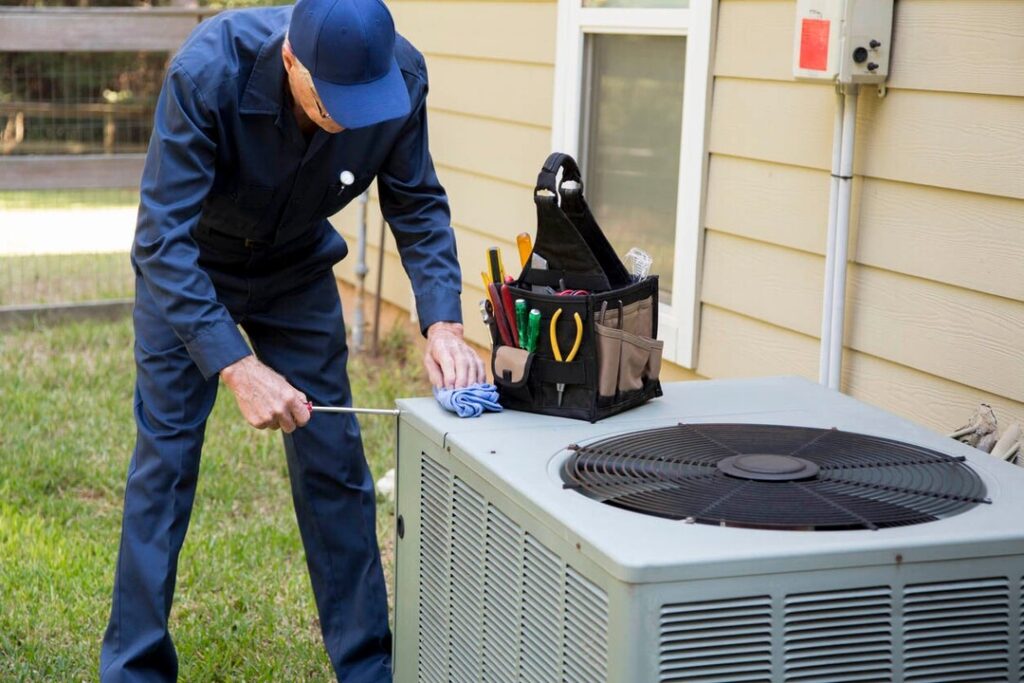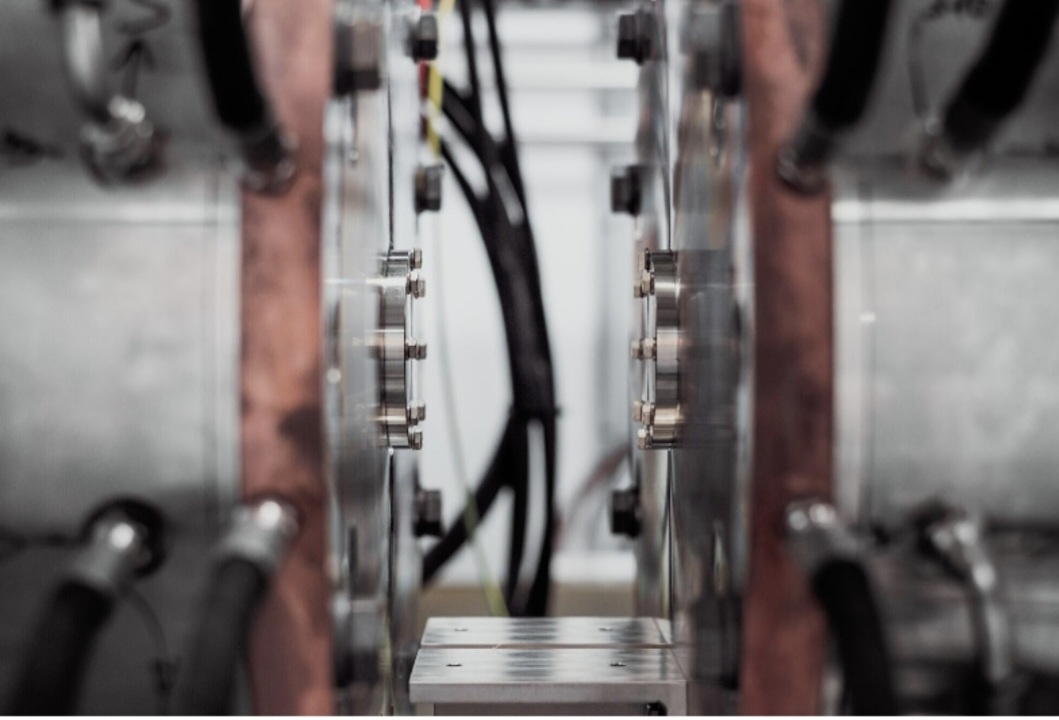Regular HVAC maintenance is essential for year-round comfort in your home. It not only prolongs the system’s lifespan but also boosts efficiency, lowers energy costs, and prevents breakdowns. This guide highlights the importance of maintenance, seasonal tasks, cleaning tips, common issue solutions, and strategies for improved efficiency and longevity.
The Importance of Regular HVAC Maintenance
Regular HVAC maintenance is vital for several reasons. Firstly, it ensures that your system operates efficiently, providing consistent heating and cooling throughout the year. Secondly, a well-maintained HVAC system uses less energy, which can significantly lower your utility bills. Thirdly, regular maintenance can identify and address potential issues before they become major problems, reducing the risk of costly repairs and extending the life of your equipment. Lastly, a properly maintained HVAC system contributes to better indoor air quality, promoting a healthier living environment.
Seasonal Maintenance Tasks for HVAC Systems
Spring
- Inspect and Clean the Outdoor Unit: Remove any debris, such as leaves or twigs, from around the outdoor unit. Clean the condenser coils to ensure efficient operation.
- Check Refrigerant Levels: Ensure that the refrigerant levels are appropriate. Low levels can reduce cooling efficiency and damage the compressor.
- Replace Air Filters: Replace the air filters to improve airflow and indoor air quality. Dirty filters can strain the system and reduce efficiency.
Summer
- Clean the Evaporator Coils: Dirty coils can reduce the system’s ability to cool your home. Clean the evaporator coils to ensure optimal performance.
- Inspect the Ductwork: Check for any leaks or obstructions in the ductwork. Sealing leaks can improve efficiency and reduce energy costs.
- Adjust the Thermostat: Set the thermostat to a comfortable temperature and consider using a programmable thermostat to optimize cooling times and save energy.
Fall
- Inspect and Clean the Furnace: Before the heating season begins, have your furnace inspected and cleaned. This will ensure it operates efficiently and safely.
- Check the Heat Exchanger: Inspect the heat exchanger for any cracks or damage. A damaged heat exchanger can lead to carbon monoxide leaks, which are hazardous.
- Test the Ignition System: Ensure that the ignition system is working correctly. A faulty ignition system can prevent your furnace from starting. If you’re having issues, consider furnace repair like those available in Herriman, UT.
Winter
- Monitor for Strange Noises: Unusual noises from your HVAC system can indicate problems. Address any strange sounds promptly to prevent further damage.
- Clear the Area Around the Outdoor Unit: Ensure that the area around the outdoor unit is clear of snow and ice to maintain proper airflow.
- Check the Humidifier: If you have a whole-home humidifier, inspect and clean it to ensure it operates correctly. Proper humidity levels improve comfort and air quality.
Tips for Cleaning and Inspecting HVAC Components
- Turn Off the Power: Always turn off the power to your HVAC system before performing any maintenance tasks to ensure safety.
- Clean or Replace Air Filters: Regularly clean or replace air filters, typically every 1-3 months, to maintain airflow and efficiency.
- Clean the Condenser and Evaporator Coils: Use a soft brush or vacuum to remove dirt and debris from the coils. Clean coils ensure efficient heat exchange.
- Inspect Electrical Connections: Check for loose or corroded electrical connections. Tighten any loose connections and replace any damaged components.
- Check and Clean the Blower Motor: Inspect the blower motor for dust and debris. Clean it to ensure smooth operation and prevent overheating.
Advice on Identifying and Addressing Common HVAC Issues
- Uneven Heating or Cooling: This can be caused by blocked vents, dirty filters, or ductwork issues. Ensure vents are open and clean, and inspect the ductwork for leaks.
- Short Cycling: If your HVAC system frequently turns on and off, it may be due to an oversized unit, thermostat issues, or a clogged filter. Check the thermostat settings and replace the filter.
- Unusual Noises: Strange noises can indicate loose components, motor issues, or ductwork problems. Inspect the system and tighten any loose parts. Contact a professional if the noise persists.
- Increased Energy Bills: A sudden spike in energy bills can indicate an inefficient system. Clean the filters, coils, and ductwork, and schedule a professional inspection if needed.
Strategies for Improving HVAC Efficiency and Longevity
- Schedule Professional Maintenance: Have a professional HVAC technician inspect and maintain your system at least once a year. They can identify and address potential issues before they become major problems.
- Use a Programmable Thermostat: A programmable thermostat can optimize heating and cooling times, reducing energy usage and lowering utility bills.
- Seal and Insulate Ductwork: Properly sealed and insulated ductwork prevents air leaks, improving efficiency and comfort.
- Improve Home Insulation: Ensure your home is well-insulated to reduce the load on your HVAC system. This can lead to significant energy savings and improved comfort.
Conclusion
Regular HVAC maintenance is essential for year-round comfort, energy efficiency, and system longevity. By following these seasonal maintenance tasks, cleaning and inspection tips, repair advice, and efficiency strategies, you can keep your HVAC system in top condition and enjoy a comfortable living environment throughout the year.















